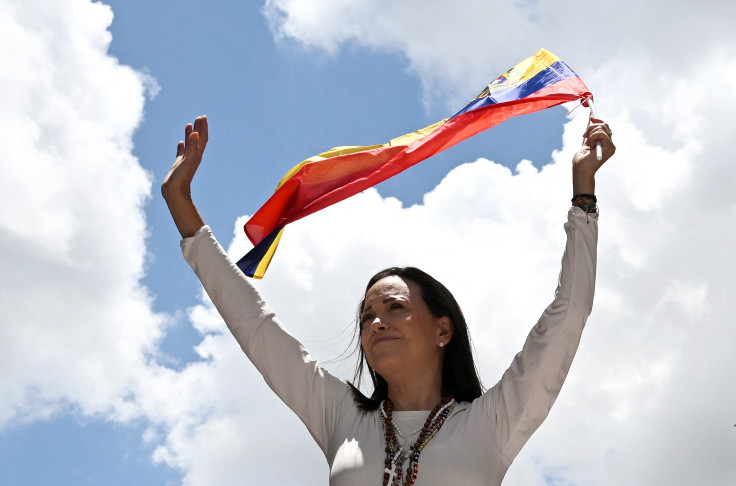
As Donald Trump continues to fill out cabinet positions for his upcoming administration, one of the lingering questions surrounding his upcoming relations with Latin America is how exactly he will deal with Venezuela, a country that remains in crisis as Nicolas Maduro has refused to back down from his claim to the country's presidency despite the fact that both the opposition and many in the international community have rejected his victory in the July 28 elections.
A clear sign came from Trump's nominating Marco Rubio to be the next Secretary of State. Rubio has been an outspoken critic of the Maduro regime and, in September, cosponsored a bill with fellow Florida Senator Rick Scott, aimed at increasing the U.S. government's reward for information leading to the arrest of Maduro from the current $15 million to $100 million.
"The U.S. must do more to arrest narco-dictator Nicolás Maduro," said Rubio in a post on Social Media at the time, adding that "it's past time he is held accountable for his crimes."
However, Trump Advisor Carlos Trujillo has said that the next administration will focus on dealing with Venezuela mainly on immigration, a key component to Trump's future agenda. "I think the policy is going to be focused— I don't think exclusively, but strongly— on curbing illegal migration, especially from Venezuela," Trujillo said in a recent interview.
On Monday, Venezuelan opposition leader María Corina Machado chimed in through a series of in-depth interviews with The New York Times, in which she calls on Trump to intensify pressure on Maduro, framing the effort as an opportunity for "an enormous foreign policy victory in the very, very short term."
Speaking from hiding inside Venezuela, Machado argued that Maduro's government is weak, facing internal fractures, public rejection, and financial collapse. She believes a renewed international campaign, in which Trump could play a prominent role, could force him to negotiate his departure.
Machado played a leading role in mobilizing millions to vote against Maduro in a July election. Despite her coalition presenting documentation showing it accomplishing an overwhelming victory, Maduro declared himself the winner without providing evidence, prompting allegations of electoral fraud. Machado's team published vote-tally receipts from most polling stations, showing their candidate, Edmundo González, secured nearly 70% of the vote. González has since fled to Spain amid threats to his safety.
The post-election crackdown by Maduro's government has seen nearly 2,000 people detained, according to local watchdog group Foro Penal. Dozens of protesters have been killed, and key members of Machado's team have been imprisoned. Amid the escalating repression, Machado has been forced into isolation and González forced into exile in Spain.
According to the NYT, Machado also urged Trump to reverse sanctions relief introduced under President Biden and pursue new measures targeting Maduro's allies. She also praised Trump's selection of Senator Marco Rubio as secretary of state and Representative Mike Waltz of Florida for national security adviser, positions that will be key in defining U.S. policy toward Venezuela.
© 2024 Latin Times. All rights reserved. Do not reproduce without permission.






.jpg?w=600)


